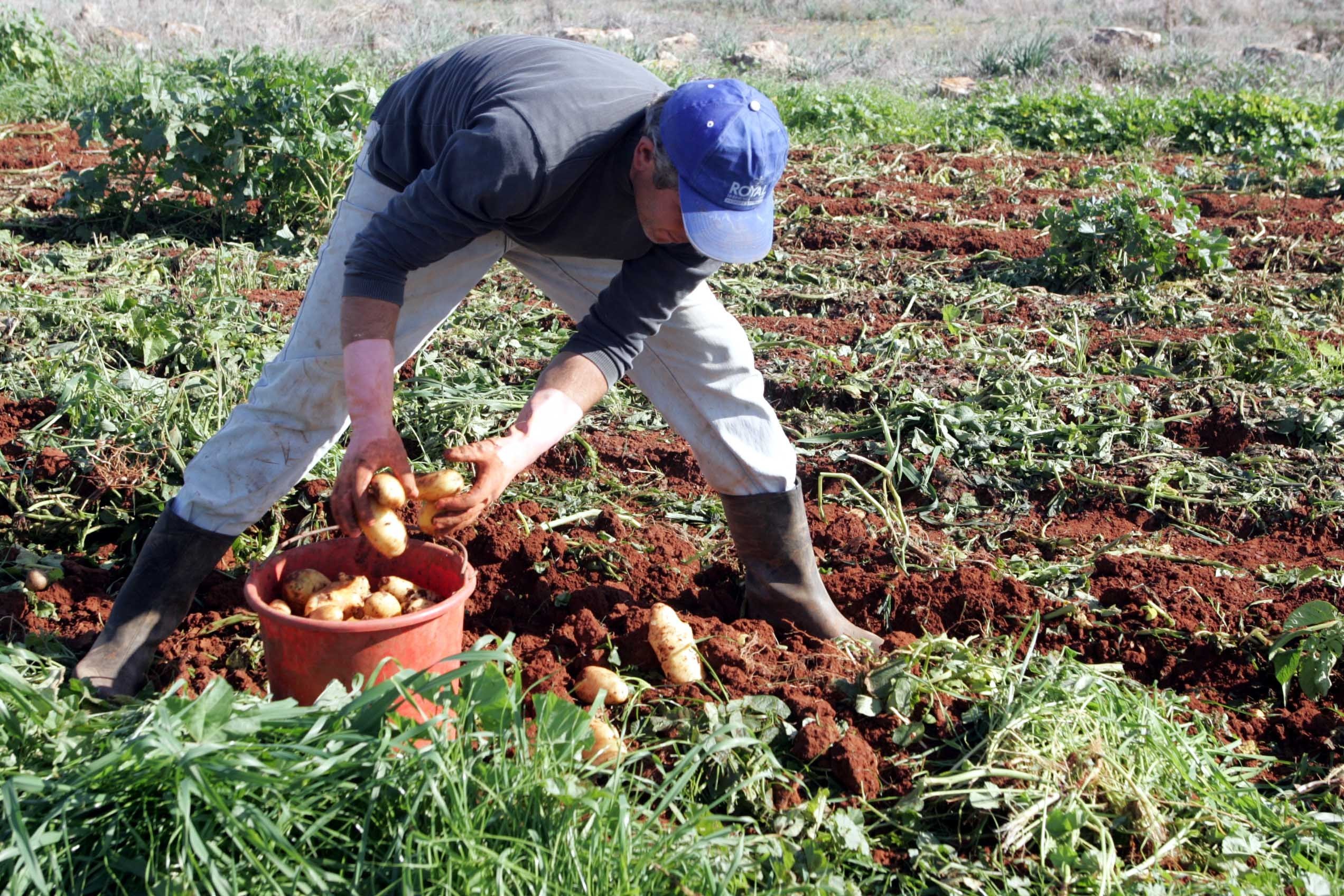The Greens on Tuesday called on the government to ban glyphosate after a scientific study showed high levels of the herbicide in the urine of school children.
“The time has come for Cyprus to follow the example of Austria and exercise the right given to it by the EU to prohibit the use of glyphosate,” the party said.
Branding glyphosate as dangerous, the Greens called on the state to investigate an issue they said showed its uncontrolled use by farmers and the public, and to step up information campaigns.
The Greens said they supported organic farming, the use of local varieties and support for local producers over uncontrolled imports and genetically modified fruit and vegetables.
Their statement followed Tuesday’s Philenews article on an international study by scientists including from Tepak and the state lab called Oxidative Stress of Glyphosate, AMPA and metabolites of pyrethroids and chlorpyrifos pesticides among primary school children in Cyprus, that was published on ScienceDirect.
The abstract of the report notes that exposure to various pesticides, such as pyrethroids and chlorpyrifos, has been previously associated with adverse effects on children’s health. Scientific evidence on the human toxicity of glyphosate (GLY) and its primary metabolite, AMPA (aminomethylphosphonic acid) is limited, particularly for children.
The study had two main objectives — to assess the exposure of the pesticides’ metabolites in children in Cyprus, and to determine the association between the urinary pesticides and the biomarkers of oxidative stress among primary school children.
Six primary schools located in the urban Limassol were randomly selected to participate in the study with the trial taking place between January and April 2017.
Eligible participants were healthy 10-12-year-old primary school children who had been living in Cyprus for at least the previous five years and were systematically consuming conventional (non-organic) food (>80 per cent of a week’s meals) prior to the study.
Children with any self-reported chronic disease or food allergies and participants with urinary creatinine levels outside the WHO guideline range were excluded.
Urinary biomarkers of exposure to a suite of pesticides were measured in two accredited labs using mass spectrometry.
The results indicate that Cypriot children are exposed to a mixture of pesticides likely originating from both dietary and non-dietary sources.
On average, these pesticide exposures appear at higher levels than those typically measured in other EU populations. The population health risk associated with such exposures needs to be further investigated, the report said.







Click here to change your cookie preferences